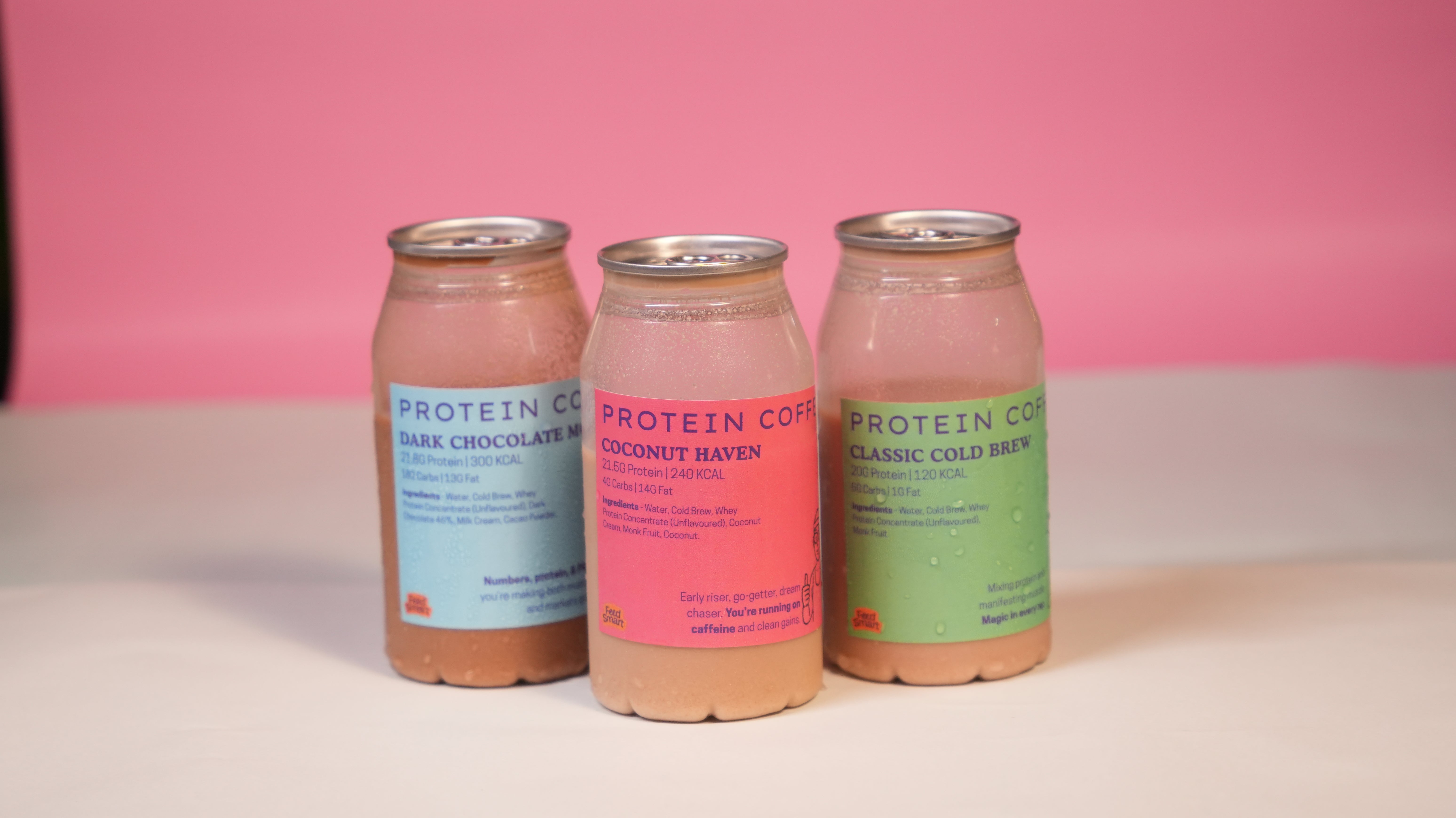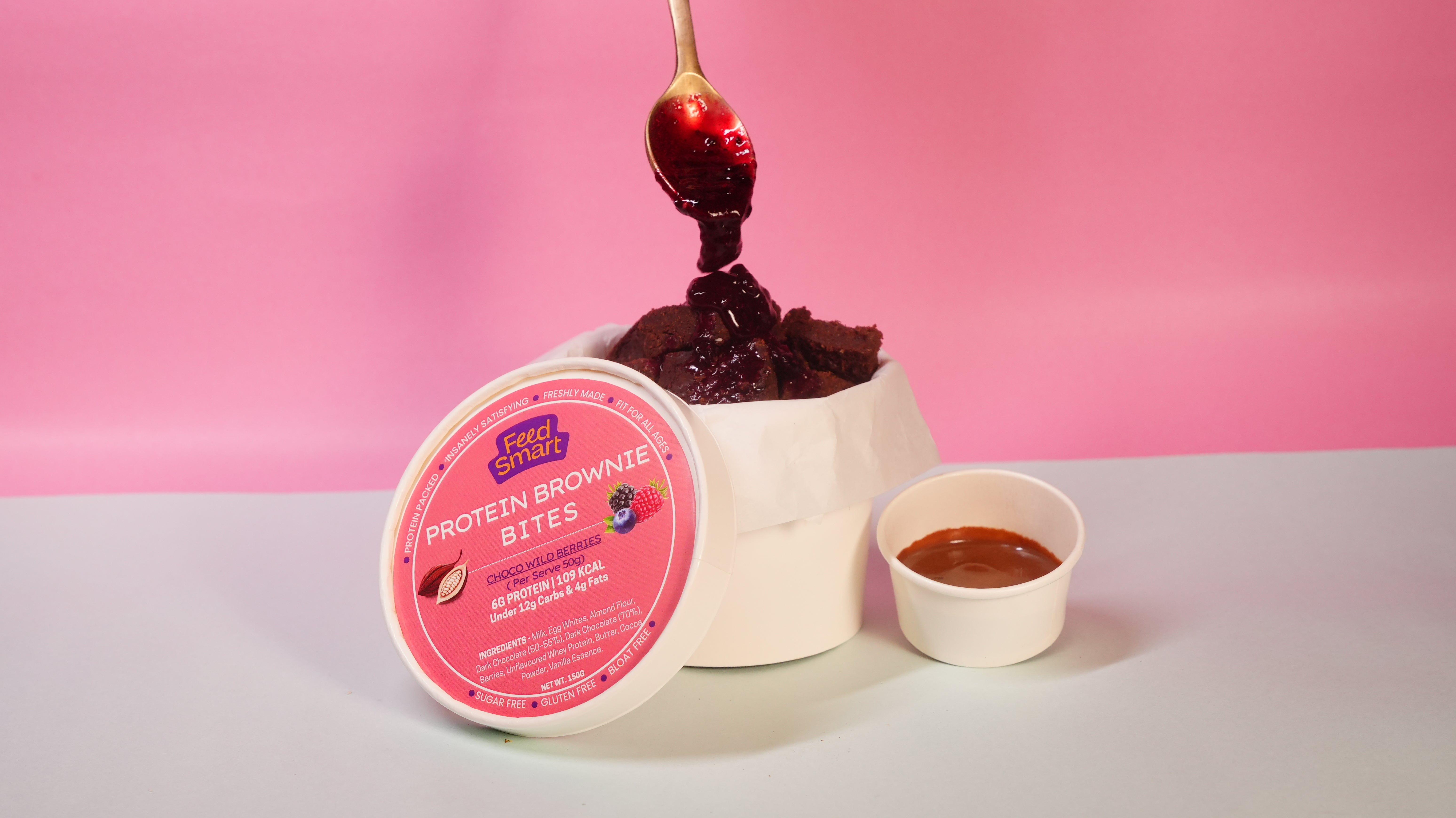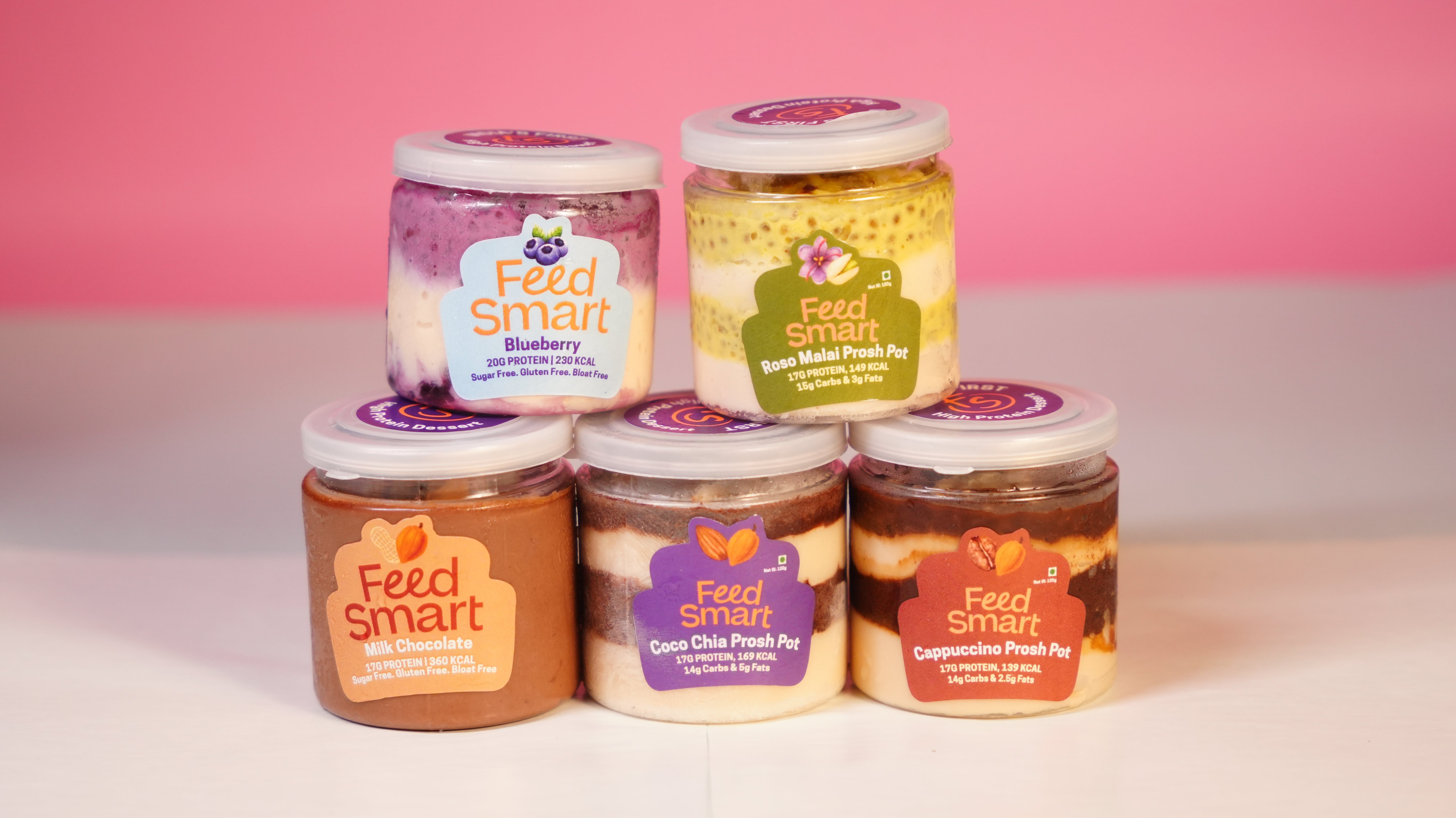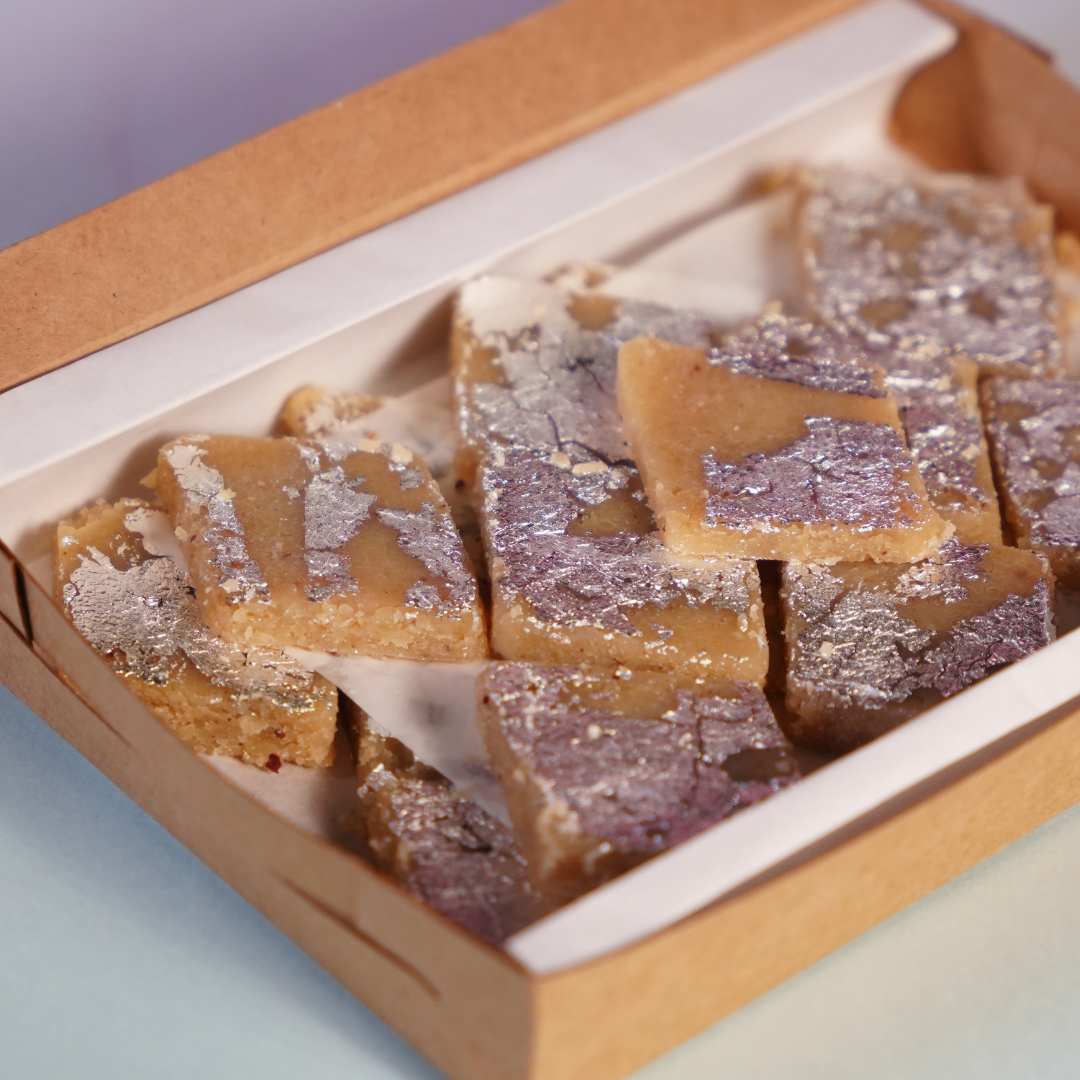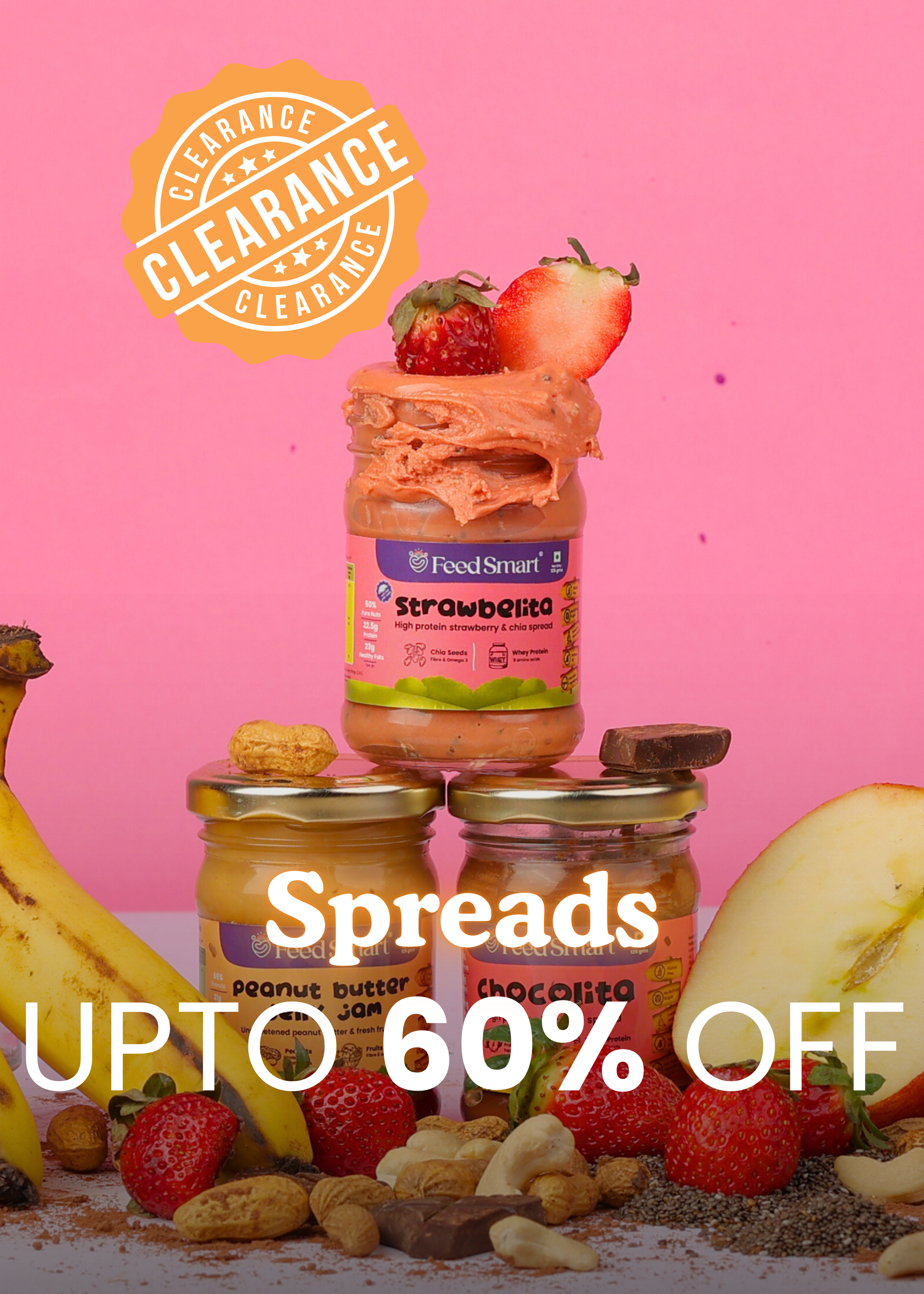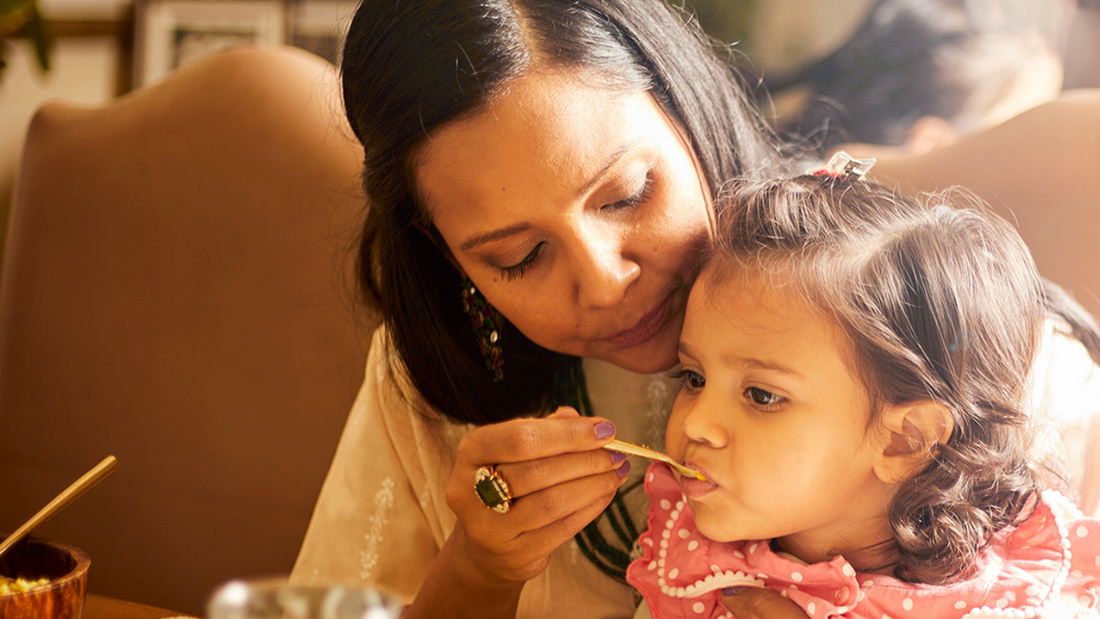
Feeding smart right from start - Feed Smart
Share
According to the latest National Family Health Survey (NFHS), India has one of the highest rates of malnutrition in the world. Nearly 36% of children under the age of five in India are stunted, which means they are too short for their age due to malnutrition. Additionally, 21% of children in this age group are underweight, and 11% are wasted, meaning they have a low weight for their height.
The problem of malnutrition, stunted growth, and obesity among children in India is multifaceted and requires a comprehensive solution. One possible solution is implementing programs such as the one offered by Feed Smart . They provide a balanced diet of essential micro and macro-nutrients which are essential for the proper growth and development of children.
Feeding smart first foods to babies from the start is vital for a number of reasons.
First, it helps to ensure that they are getting the necessary nutrients for growth and development. Feeding a variety of different nutrients, including proteins, carbohydrates, healthy fats, vitamins, and minerals, to baby boys and girls is important in order to grow and develop properly.

According to WHO’s report on healthy diet - toddlers who eat a diet that is high in processed foods and added sugars are at a higher risk of becoming overweight or obese, which can lead to a variety of health problems later in life.
A good foundation of balanced eating can also promote good digestion, help to improve energy levels and overall mood and contribute to good sleep. Especially at this tender age, the importance of a balanced diet increases many folds due to the rapid development of their bodies.
Another important aspect of establishing healthy eating habits is that the child will continue to make healthy food choices as they grow older. Additionally, it is normal for toddlers to be picky eaters, and sometimes it takes multiple tries before they accept new foods. Also offering a variety of healthy options and encouraging them to try new foods in a positive, non-forced way can be helpful.
When introducing solid foods to a baby for the first time, it is important to start with foods that are easy to digest and not allergenic. The American Academy of Pediatrics (AAP) and World Health Organization (WHO) recommends starting with iron-rich foods, as babies' iron stores start to deplete around 6 months of age.
Some examples of first foods that are recommended for babies and promote baby-led weaning include:
- Soft, ripe fruits such as bananas, avocados, and melons
- Soft-cooked vegetables such as sweet potato, squash, and broccoli
- Soft-cooked meats such as chicken or turkey
- Scrambled eggs
- Soft-cooked beans or lentils
- Soft-cooked grains such as quinoa, couscous, and rice
- Yogurt
- Toast or bread
It's also suggested to start with one new food at a time and wait a few days between introducing new foods in case of any potential allergic reactions.
In addition, it is essential to note that breastfeeding should continue as the main source of nutrition until at least 6 months of age, and solid foods should be introduced as complementary foods while breastfeeding continues.
Consulting with a pediatrician or a registered dietitian is recommended if you are concerned about your toddler's diet or growth. They can help to ensure that your child is getting the nutrients that they need for optimal health and development.
Overall, feeding smartly is an ongoing process that requires patience, knowledge, and consistency, with the goal of establishing long-term healthy habits that will set the foundation for a lifetime of health and well-being.
Also Read: Multigrain Atta Health Benefits for Families
For the latest Update visit our Instagram page

